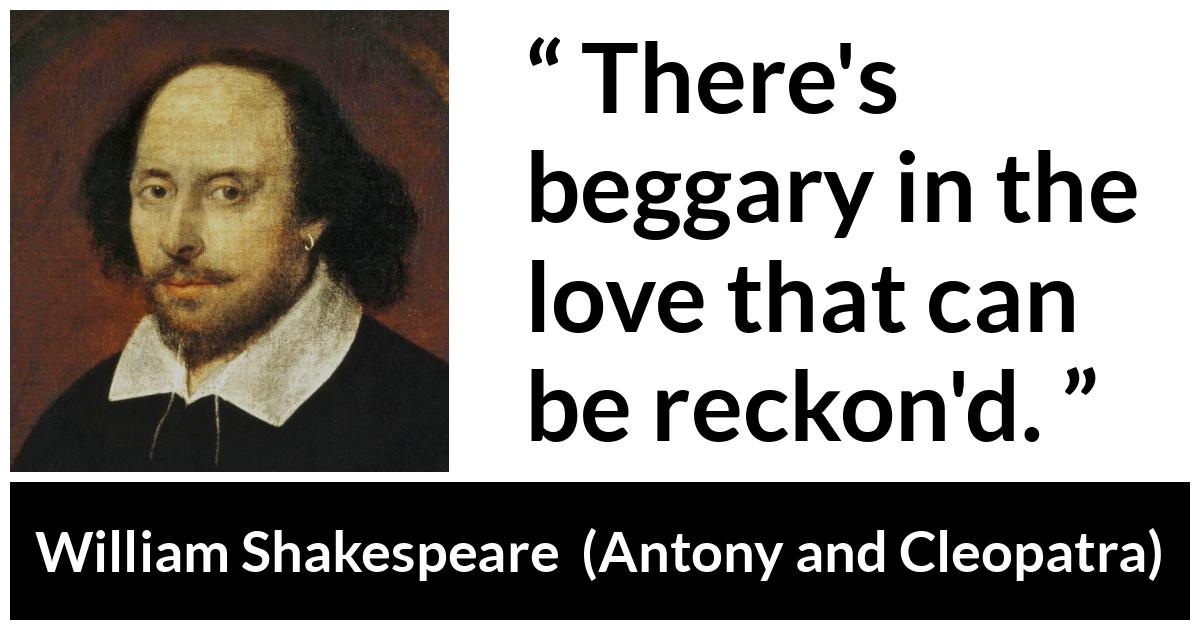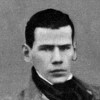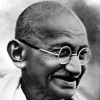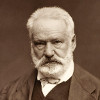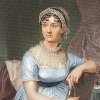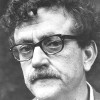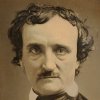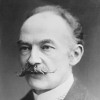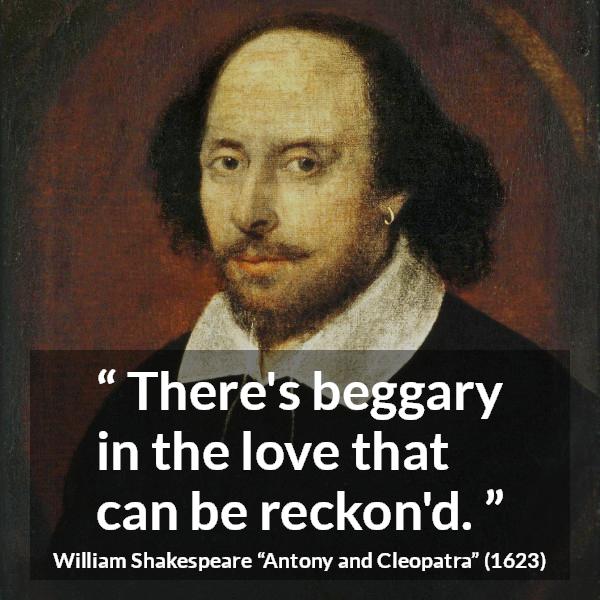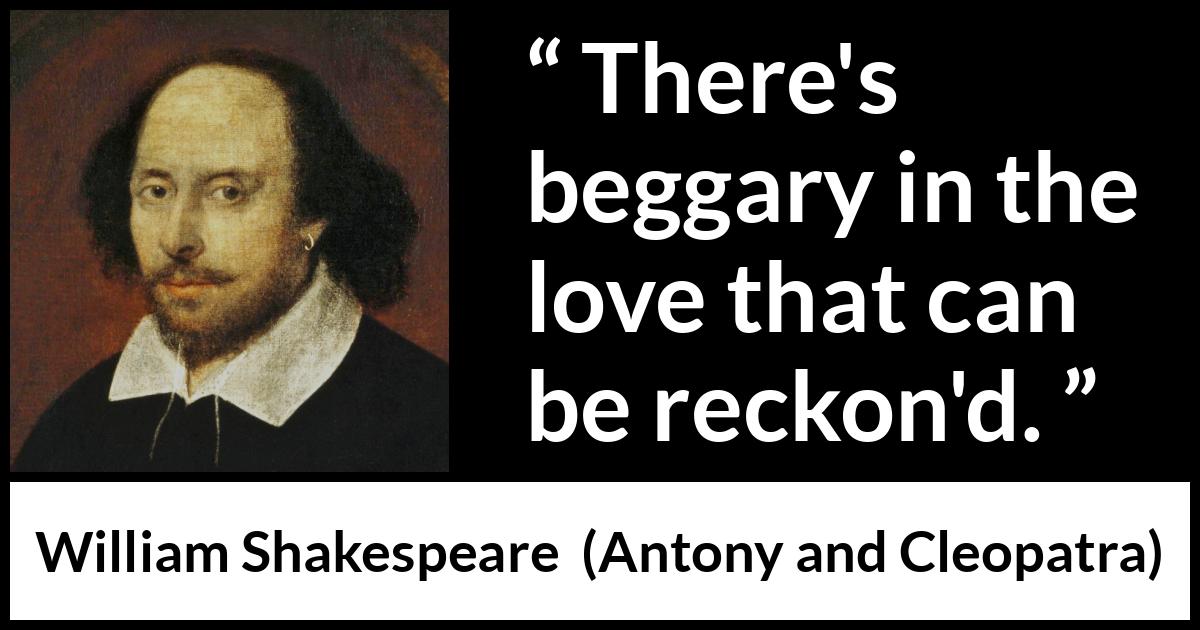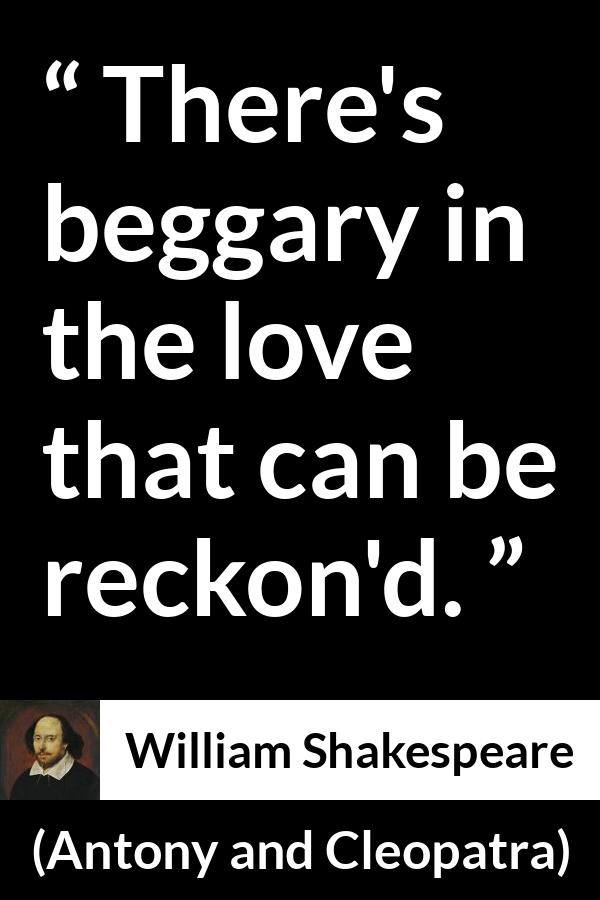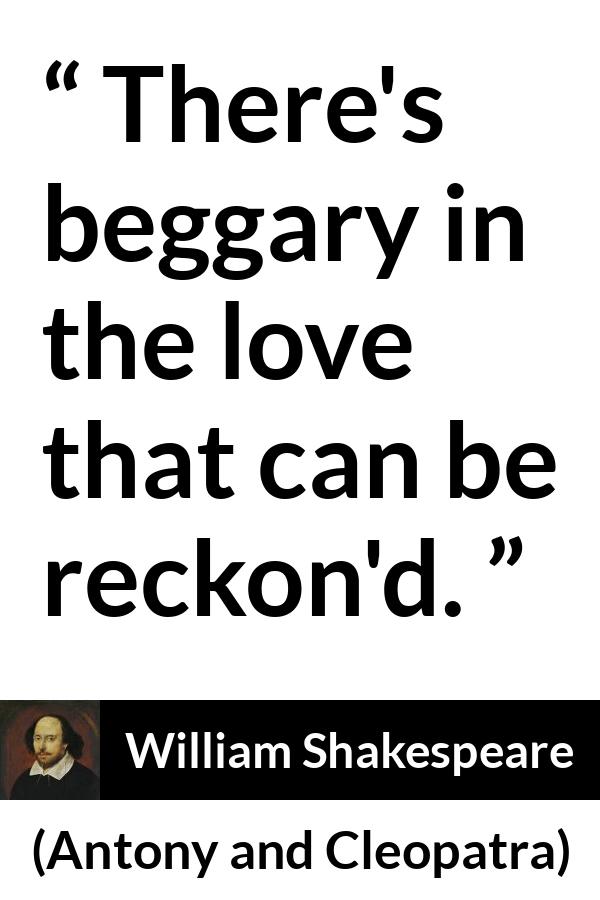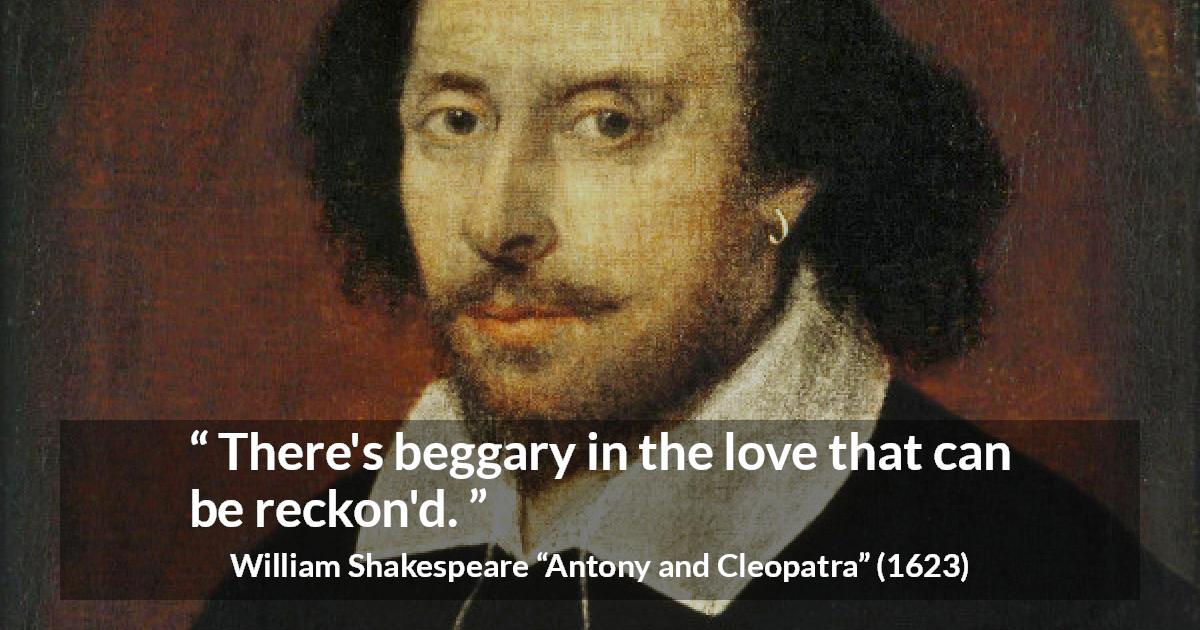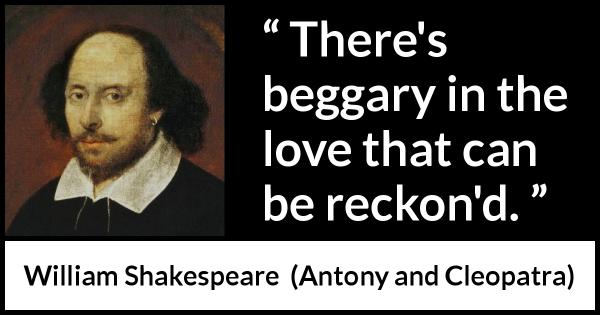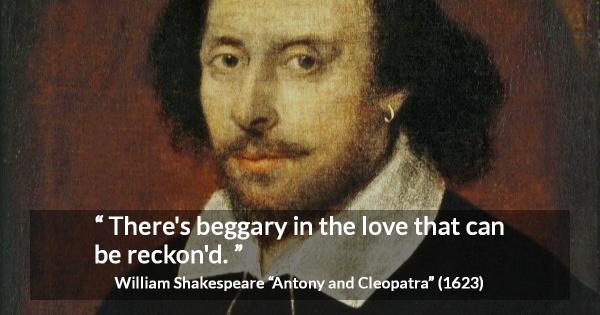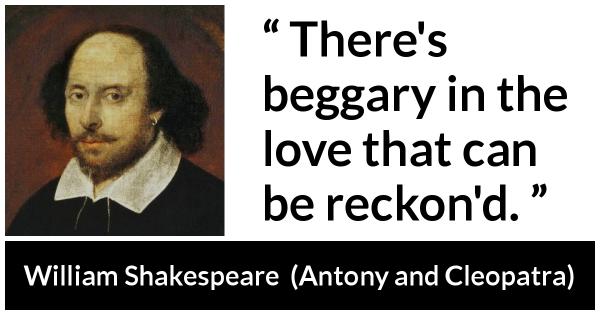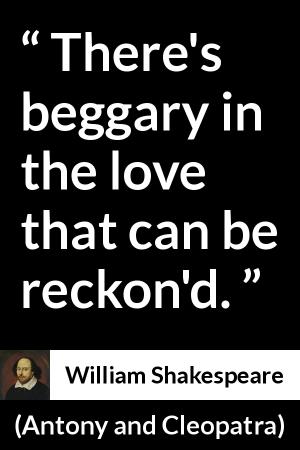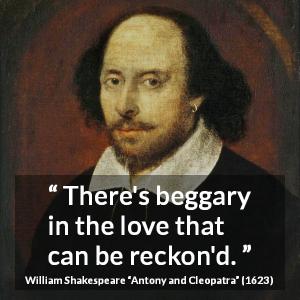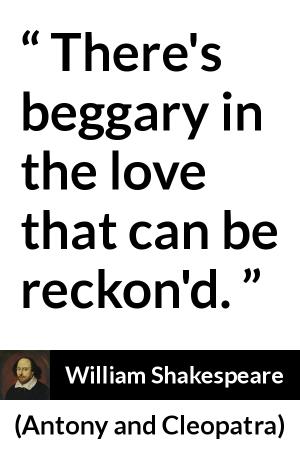“ There's beggary in the love that can be reckon'd. ”
William Shakespeare, Antony and Cleopatra (1623). copy citation
| Author | William Shakespeare |
|---|---|
| Source | Antony and Cleopatra |
| Topic | love passion reason |
| Date | 1623 |
| Language | English |
| Reference | Antony and Cleopatra, Act I, Scene 1 |
| Note | Written between 1603 and 1607 Antony line |
| Weblink | http://www.gutenberg.org/cache/epub/1534/pg1534-images.html |
Context
“The triple pillar of the world transform'd Into a strumpet's fool: behold and see. [Enter ANTONY and CLEOPATRA, with their trains; Eunuchs fanning her.]
CLEOPATRA. If it be love indeed, tell me how much. ANTONY. There's beggary in the love that can be reckon'd. CLEOPATRA. I'll set a bourn how far to be belov'd. ANTONY. Then must thou needs find out new heaven, new earth. [Enter an Attendant.]
Attendant. News, my good lord, from Rome. ANTONY. Grates me:—the sum.” source
CLEOPATRA. If it be love indeed, tell me how much. ANTONY. There's beggary in the love that can be reckon'd. CLEOPATRA. I'll set a bourn how far to be belov'd. ANTONY. Then must thou needs find out new heaven, new earth. [Enter an Attendant.]
Attendant. News, my good lord, from Rome. ANTONY. Grates me:—the sum.” source
Meaning and analysis
Kwize Master
This reply is said by Antony during a dialogue with Cleopatra which takes place at the very beginning of the play.
The dialogue is introduced with a remark from Philo, who describes Antony, one of the most powerful man in Earth, as a fool led by the nose by Cleopatra’s charm.
Cleopatra asks Antony how much he loves her, and he answers that love cannot be counted. He further explains that to measure the extent of his love, she would need to find a new planet or go beyond heaven.
useful
useless
